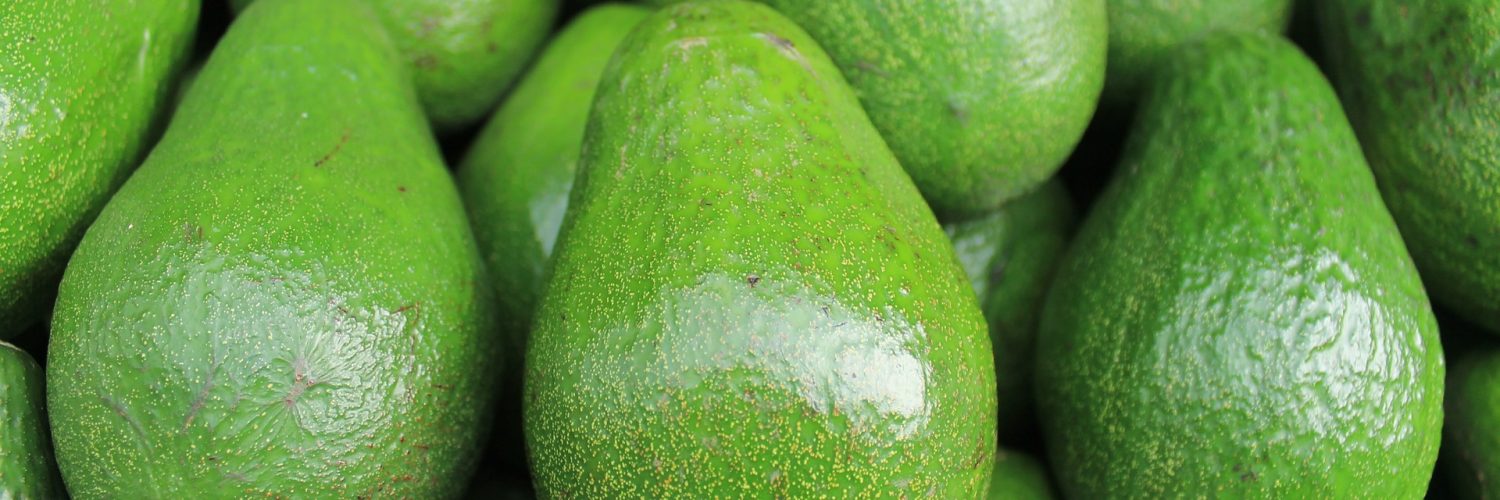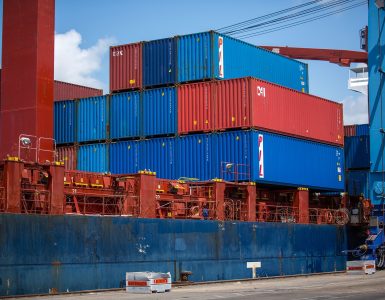Delays at the Mexican border, from San Diego to McAllen, Texas are starting to affect prices for fresh produce supply chain companies.
Border inspectors who usually handle the freight inspection duties have been reassigned to handle the influx of migrants coming up through Mexico seeking asylum in the United States, causing a major slowdown in the processing of commercial trucks at the border due to the reduction in staff levels.
In Laredo, Texas, some truck drivers hauling goods such as produce are having to wait overnight, staying inside their trucks to take items from Mexico into Texas before heading back to do it again. In Arizona, wait times that were once around 30 minutes and are now being measured in hours. Various commodities are being affected by this process including mangoes, berries, avocados, chilis, and, of course, tomatoes.
There have already been several trucks sent back to their original pickup location with loads of berries returned for not keeping their freshness. One truck of berries could represent a loss of nearly $34,000. Since the reassignment of Customs and Border Protection officers to assist Border Patrol agents in the processing of asylum seekers, border traffic has not normalized and can still experience delays between five and 20 hours.
“We’re seeing delays across the board, it’s not just fresh commodities,” Luis Ramirez, who runs a consulting firm on border affairs in Arizona, said. “All types of manufacturing, all businesses doing cross-border manufacturing are feeling it. Every hour that the truck takes more to cross the border is a logistics cost and a fuel cost and a truck driver cost.”
According to Ramírez, this issue is causing an overflow in terms of storage, leading to a ripple effect of issues beyond just spoiled produce and long wait times.
“Now we’re also seeing companies fretting not only about trucks not crossing, but having to do additional storing on the U.S. side,” Ramirez said. “All warehouses we talked to are in overcapacity—they’re even filling up pathways and hallways.”
In Mexico, Oaxaca specifically, mango losses have broken into the millions of dollars. Trucks are being rejected by customers because the product did not meet the quality standard due to the amount of time it spent sitting on a truck. Producers in Oaxaca and neighboring cities and states are being affected by the partial closures of the border crossings in Nogales, where trailers have been waiting hours on end, or hours longer than usual.
While all eyes are on the southern border, this issue also has effects at the U.S.-Canada border. Our northern neighbor, and a big trader with Arizona, imports $2 billion-worth of fruits and vegetables from Mexico and is seeing delays at the Mexican border as the main reason for increasing produce prices in their stores.
“That’s where I think companies are looking at short-term issues and long-term issues,” Ramirez said. “They are anticipating what’s going to happen, but they’re trying to find certainty on how to do business and keep it going. They’re looking for predictability. We’re saying let’s look at ways to keep business going, and that’s why we’re looking at consistency, including the reassignment back of our inspectors. All that uncertainty is making companies hold off on expansions or new facilities.”
















Add comment